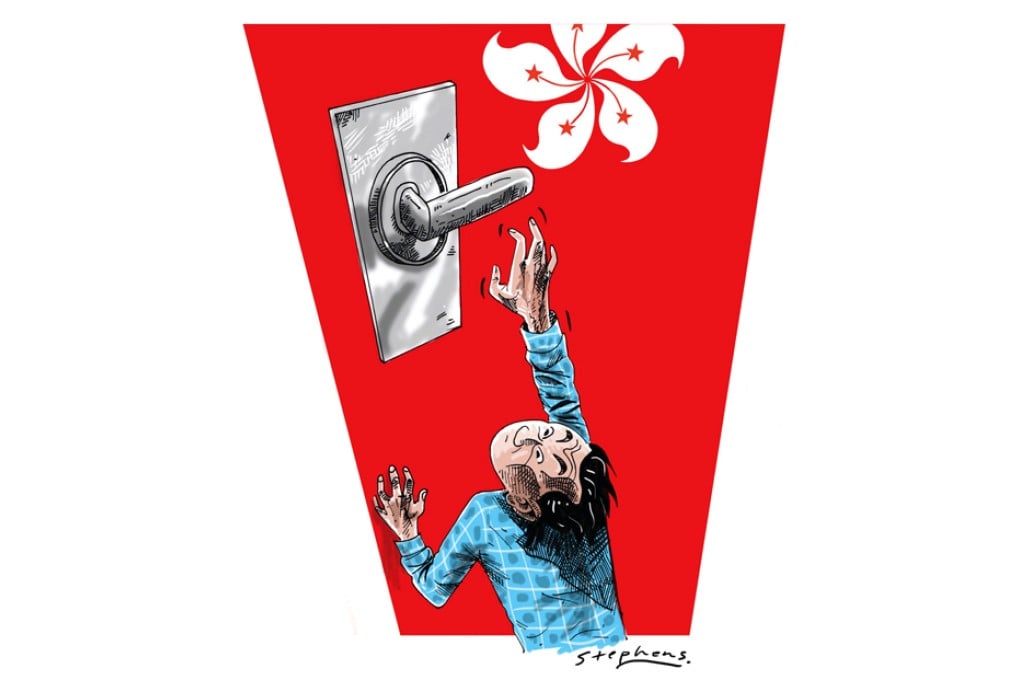Give people a fair chance to be part of the Hong Kong success story again
Cheah Cheng Hye says social friction in Hong Kong can be traced to the erosion of one of our core values: equal opportunities for all. That needs to change, so ordinary people again have a stake in the city's success

One of the biggest problems we face today is that a large and growing number of Hong Kong people no longer feel they have a stake in the success of Hong Kong. This is contributing hugely to social unrest and a spirit of defeat in our community. Clearly, we now have a part of Hong Kong that dislikes authority, doesn't welcome too much economic development, and has a tendency to engage in actions that could bring self-injury, such as the Occupy Central protest movement.
Fixing the problem requires a lot of "kung fu", and here's a way to start. We have to recognise that the level playing field - a bedrock principle of Hong Kong under colonial rule - no longer works very well. If you put a small guy in a room with a big guy, and they fight, the small guy isn't going to win. In today's Hong Kong, dominated by big business, multinationals and cartel-like situations, the small guy has little chance of winning. The joke is that many of Hong Kong's young people will grow up to become burger flippers and salespeople in shopping malls.
Consider these points:
Fist, in a report compiled by this year, Hong Kong, together with Russia and Malaysia, ranked as the worst examples on a global "crony capitalism" index, meaning we live in an economy dominated by cartel-type arrangements, "big brother" multinationals and privileged local owners (think of such sectors in Hong Kong as property development, financial services, transport and supermarkets).
Second, Hong Kong's rich-poor gap is among the world's widest - ranked No 12 in a survey covering 141 economies in the CIA's World Factbook (the 11 communities scoring worse than Hong Kong are all African or South American).
Hong Kong has to have a new beginning, with an action plan to redistribute the opportunities so that ordinary people can become competitive and make a success of themselves. If opportunities are not redistributed, then wealth will have to be redistributed through an emerging culture of entitlement and socialism, a path that will eventually destroy stability and prosperity for all.
